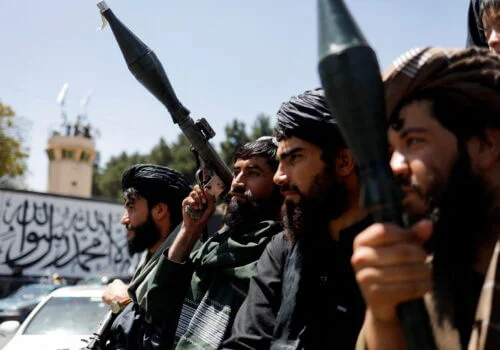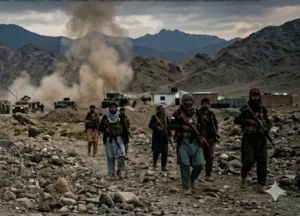The International Criminal Court (ICC) is taking action against Taliban leaders. Karim Khan, the ICC’s top prosecutor, will seek arrest warrants against Supreme Leader Haibatullah Akhundzada and Chief Justice Abdul Hakim Haqqani. They are suspected of committing crimes against humanity, specifically targeting women and girls. Taliban leaders face justice against human rights.
The Taliban’s persecution of women and girls has been brutal. Since regaining power in Afghanistan in 2021, the Taliban has imposed strict “morality laws”. Women and girls are banned from education, with over 1.5 million being deliberately deprived of schooling.
The ICC’s investigation found reasonable grounds to suspect Akhundzada and Haqqani of bearing criminal responsibility. The persecution occurred across Afghanistan, from August 15, 2021, until the present. Akhundzada became the Taliban’s supreme commander in 2016. Haqqani was a close associate of Taliban founder Mullah Omar.
The ICC’s move to hold Taliban leaders accountable is significant. However, the Taliban has not commented on the ICC statement. In addition, the Taliban’s actions have been widely condemned. The international community has called for the Taliban to respect human rights.
Furthermore, the ICC’s investigation is ongoing. More evidence is being gathered to build a strong case against Akhundzada and Haqqani. The ICC’s prosecutor, Karim Khan, emphasized the court’s commitment to pursuing accountability for gender-based crimes.
The Taliban’s interpretation of Sharia law should not be used to justify the deprivation of fundamental human rights or the commission of Rome Statute crimes, Khan added. The ICC’s actions aim to demonstrate that the status quo for women and girls in Afghanistan is unacceptable.
The Taliban Leaders Face Justice. The ICC’s actions will hold them accountable for their crimes. Afghan survivors, particularly women and girls, deserve accountability before a court of law.









